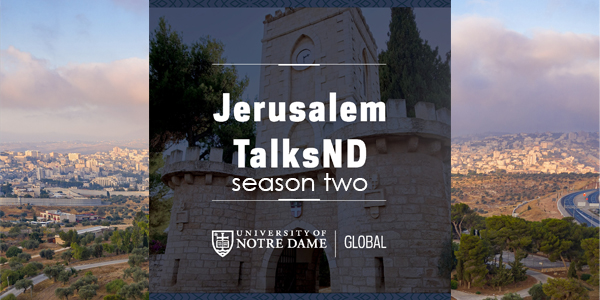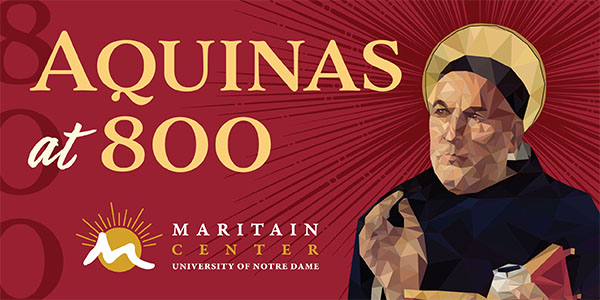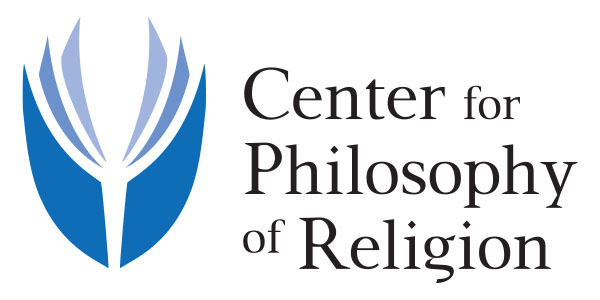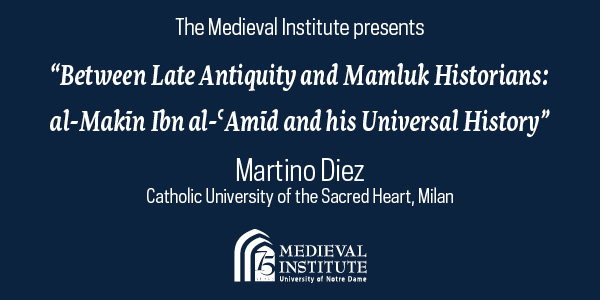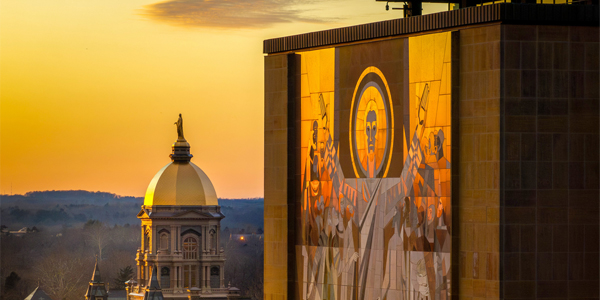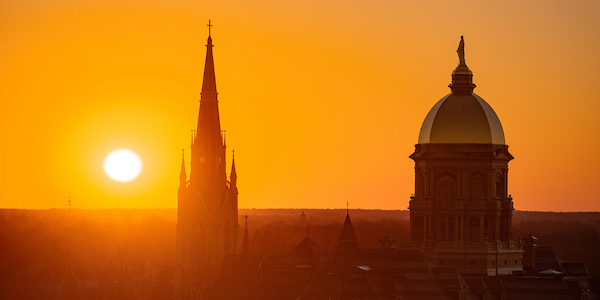The Eucharistic Sacrifice and the Mission to the Poor
In 2022, the United States Conference of Catholic Bishops (USCCB) announced that the Church in this country would undertake a Eucharistic Revival, as a way to bolster Catholics’ belief in the real presence of Christ–body, blood, soul, and divinity–in the Eucharist. This Eucharistic Revival will culminate in a nationwide pilgrimage to the city of Indianapolis in July 2024. In the months leading up to this pilgrimage, the McGrath Institute for Church Life is contributing to this revival by underscoring the intrinsic connection between the Eucharist and Catholic social teaching.
Why are we concerned about the link between Eucharistic devotion among Catholics and our commitment to social justice? Because the Catechism of the Catholic Church teaches that “the Eucharist commits us to the poor” (CCC, n. 1397). Because Pope Benedict XVI declared in his encyclical Deus Caritas Est that “A Eucharist which does not pass over into the concrete practice of love is intrinsically fragmented” (Deus Caritas Est, n.14. ). And because we have it on good authority that whenever we feed the hungry, give drink to the thirsty, shelter the homeless, welcome the stranger, we encounter Christ, Who assures that whatever you have done to the least among you, you do for me (cf. Matthew 25:31-46). Thus our devotion to the Body of Christ in the Eucharist must be accompanied by our equally fervent devotion to serve the entire human family, especially the poor and those who are in any way oppressed.
This theme will be taken up by the Office of Life and Human Dignity at the McGrath Institute for Church Life in an eight-part series of The Eucharist and Catholic Social Teaching.
“Who are the poor?” Most Rev. Daniel E. Flores, S.T.D. addresses this question in his lecture “The Eucharistic Sacrifice and the Mission to the Poor,” depicting the dynamism inherent within the Eucharistic celebration that both names Christ’s mission to the poor, and makes us capable of participating in it.
Bishop Flores has served as the Bishop of the Diocese of Brownsville since 2009. He studied at the University of Dallas, and Holy Trinity Seminary, completing a BA in Philosophy and a Masters of Divinity.
For more information visit the McGrath Institute for Church Life. Register to receive emails about upcoming events from our Religion & Spirituality learning community by clicking on the button below.
More Like This
Related PostsLet your curiosity roam! If you enjoyed the insights here, we think you might enjoy discovering the following publications.

